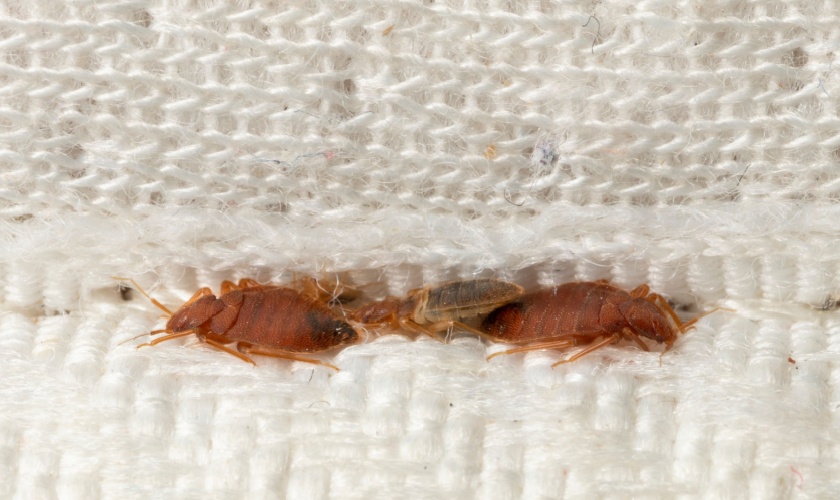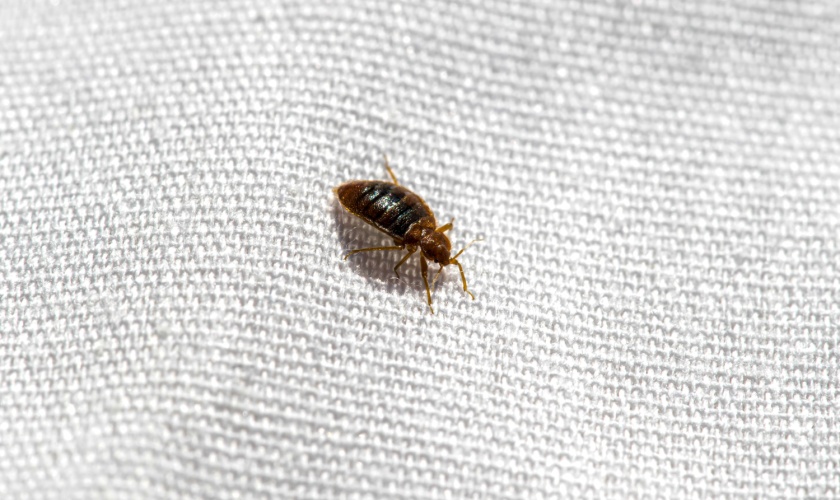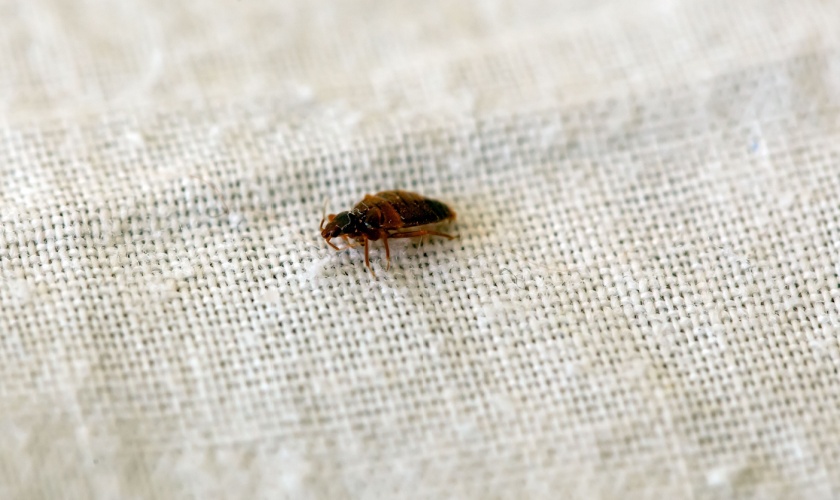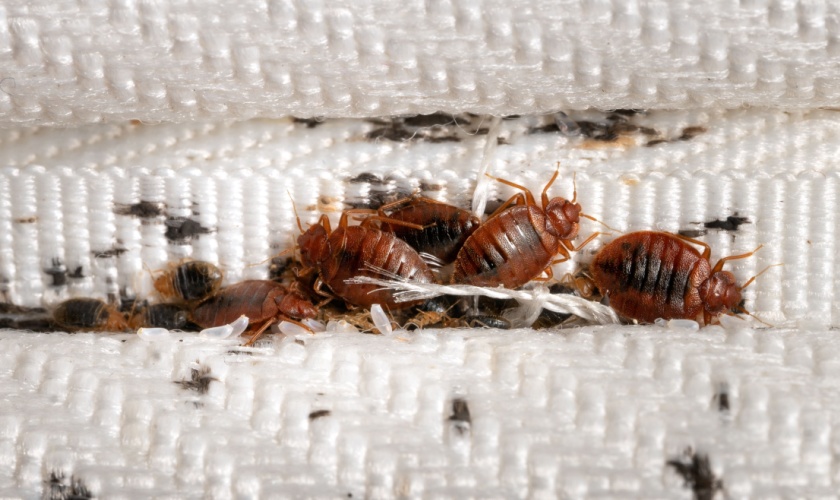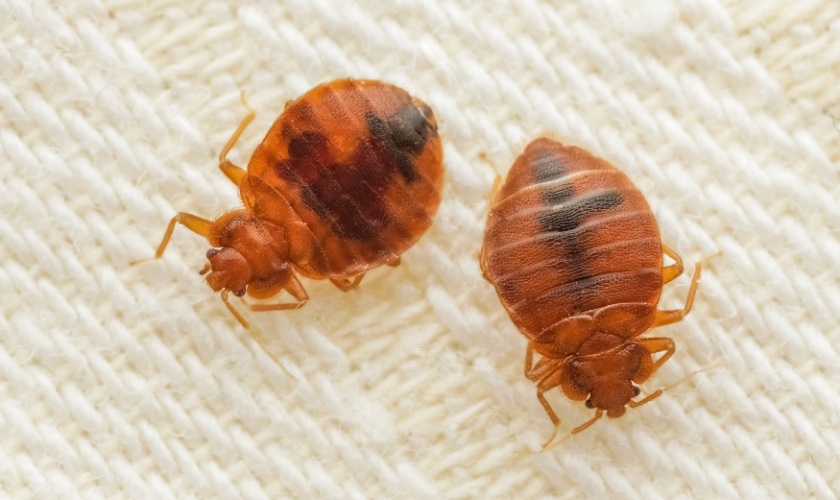Finding out that you have a bed bug infestation can be stressful and overwhelming. These tiny, blood-feeding pests can cause itchy bites, disrupt your sleep, and make you feel uncomfortable in your own home. Unlike some other pests, bed bugs are notoriously difficult to eliminate on your own due to their ability to hide in small spaces and reproduce quickly. If you suspect or confirm a bed bug infestation in your home, it’s essential to act fast and follow the right steps to ensure they’re completely eradicated.
Step 1: Confirm the Infestation
The first step in dealing with a bed bug problem is confirming that you do indeed have an infestation. Bed bugs are small, flat insects that are reddish-brown in color and about the size of an apple seed. Because they are nocturnal and excellent at hiding, spotting them during the day can be difficult.
Here are the most common signs of a bed bug infestation:
- Bites: Bed bug bites are often the first indication that you may have an infestation. These bites typically appear as small, red, itchy welts on exposed areas of skin, such as your arms, neck, or legs. Bed bugs usually bite at night while you’re sleeping, and the bites often appear in clusters or straight lines.
- Dark Stains on Bedding: Bed bugs leave small, dark stains of excrement on bed sheets, mattresses, and other fabrics. These stains resemble tiny ink dots and are often found around mattress seams or the corners of bedding.
- Blood Stains: After feeding, bed bugs may leave small blood stains on your sheets or pillowcases. These stains are usually tiny and appear reddish-brown.
- Shed Skins and Eggs: As bed bugs grow, they shed their skins. You may find these shed exoskeletons near your mattress, bed frame, or in cracks and crevices. Bed bugs also lay small, white eggs, which are difficult to see but can sometimes be spotted in larger infestations.
- Live Bed Bugs: Although they are good at hiding, bed bugs can sometimes be seen with the naked eye. Look for them in mattress seams, headboards, and other small crevices near your bed.
If you notice one or more of these signs, it’s likely you have a bed bug problem, and it’s time to take action.
Step 2: Call a Professional Bed Bug Control Service
Bed bugs are experts at hiding, and even a small number of survivors can lead to a resurgence of the infestation. That’s why it’s highly recommended to call a professional bed bug control service if the problem persists or is widespread. Professional exterminators have the tools, expertise, and techniques necessary to fully eradicate bed bugs from your home.
Here’s what a professional bed bug treatment typically involves:
- Thorough Inspection: A pest control expert will inspect your entire home to determine the extent of the infestation and locate hiding spots. They’ll check not only your bedroom but also other rooms where bed bugs may have spread, such as living rooms, couches, and closets.
- Heat Treatments: One of the most effective ways to eliminate bed bugs is through heat treatments. Bed bugs cannot survive temperatures above 120°F, so exterminators use specialized equipment to raise the temperature in your home and kill bed bugs and their eggs.
- Steam Treatments: For smaller areas or items that can’t withstand high heat, steam treatments can be used to kill bed bugs on contact. This method is ideal for mattresses, furniture, and baseboards.
- Insecticides: In cases where heat or steam treatments aren’t enough, professionals may apply insecticides to cracks, crevices, and other hiding spots. These insecticides are designed specifically for bed bugs and are safe when applied correctly by a licensed exterminator.
- Follow-Up Visits: Bed bugs can be stubborn, so many pest control companies offer follow-up visits to ensure the infestation is fully eradicated. During these visits, exterminators will check for any signs of remaining bed bugs and reapply treatments if necessary.
Step 3: Prevent Future Infestations
Once your home is bed bug-free, it’s important to take steps to prevent future infestations. Here’s how you can reduce the risk of bed bugs returning:
- Inspect Luggage After Traveling: Bed bugs are commonly picked up during travel. When returning from a trip, inspect your luggage, clothing, and other belongings before bringing them into your home. Wash your clothes in hot water and dry them on high heat to kill any potential bed bugs.
- Be Cautious with Second-Hand Furniture: Used furniture, especially mattresses and couches, can harbor bed bugs. If you’re buying second-hand items, inspect them thoroughly before bringing them into your home. Avoid picking up discarded furniture from the street, as it may be infested.
- Regularly Inspect Your Home: Make it a habit to regularly inspect your bed, furniture, and surrounding areas for any signs of bed bugs. Catching an infestation early can help prevent it from spreading.
Dealing with a bed bug infestation can be a nightmare, but acting quickly and following the right steps can help you regain control of your home. Start by confirming the infestation if you are able and then call in a bed bug control expert. The pros at Citra Pest Control can help you confirm that there is a problem and provide you with the services you need to eliminate bed bugs from your home and keep them away.
